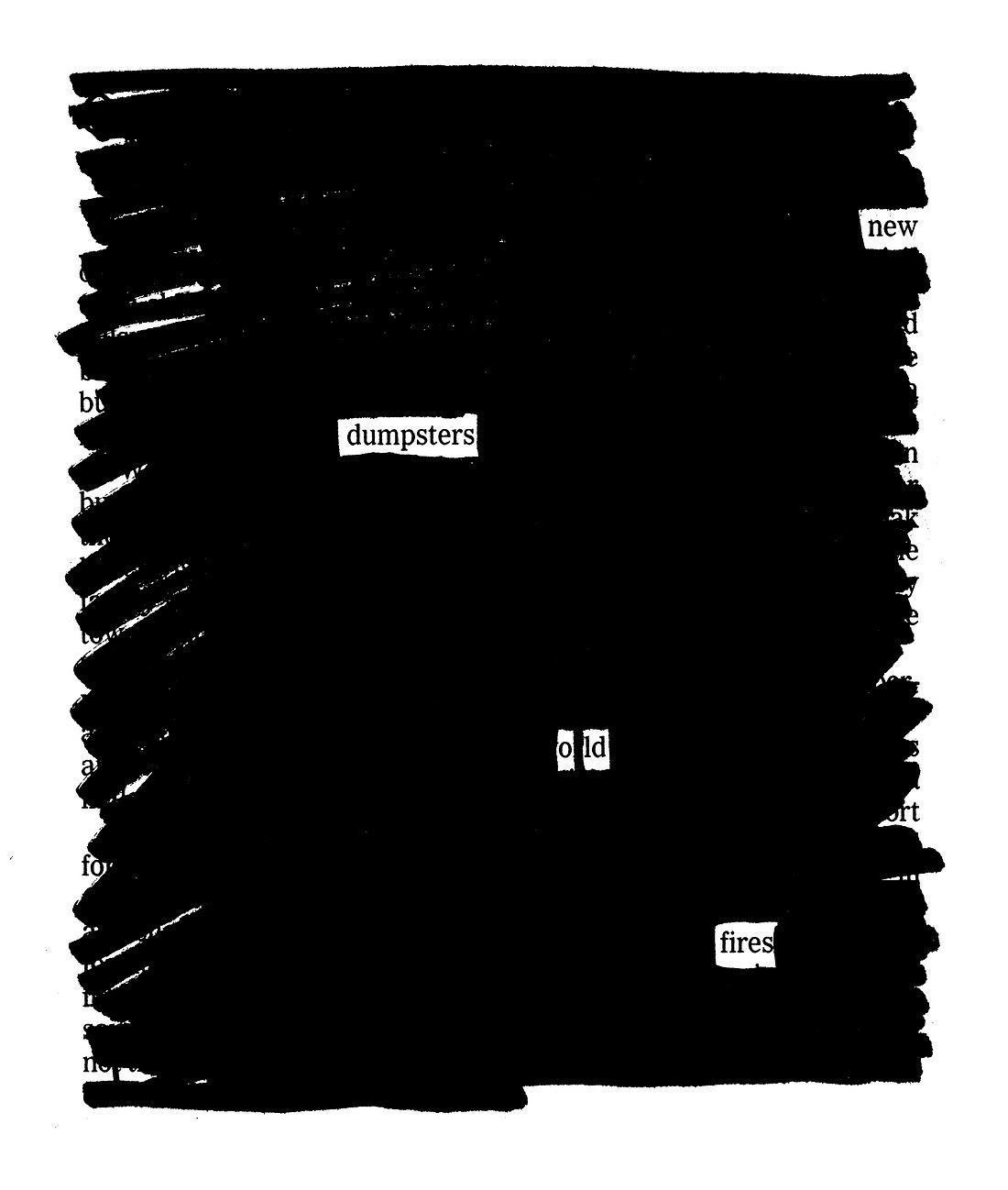20251005
Today there isn’t a single state, city or county in the United States where a full-time minimum-wage worker can afford a median-priced two-bedroom apartment. An astounding 12.1 million low-income renter households are “severely cost burdened,” spending at least half of their earnings on rent and utilities. Since 1985, rent prices have exceeded income gains by 325 percent.
According to the National Low Income Housing Coalition, the average “housing wage” required to afford a modest two-bedroom rental home across the country is $32.11, while nearly 52 million American workers earn less than $15 an hour. US workers and homelessness.
People: US reading skills are .. low. Violence online. CBA of speed in Wales. GenZ 1990s nostalgia (vinyls, GooGooDolls, cameras, flip-phones, and more).
Art: the baseball photographer TCG. Saving past smells.
Tech: repair school. Schools ban electronics. Lessons from SciFi (a great read!).
Random: plasma deodorant. Long parties in the 19th. Self authorship. Amagasaki postmortem.
AI: An AI prime minister. RICS standard introduces AI. Anthropic settlement. Juniors as canaries for employment.
Digitally Analog: A Journey Through AI and Nostalgia
In a not-so-distant future, where today’s idle whispers of artificial intelligence had transformed into robust chatter, the world found itself nestled between nostalgia and innovation, very much like a cat caught in a tree trying to decide whether it preferred the view or the ground. It was a Monday, notorious for being decidedly unremarkable, when Charlie, a recent psychology graduate turned urban surveyor, found himself standing before a luminous holographic interface that outshone all thoughts of his once-beloved vinyl records. Ironically, as he navigated through the AI compliance framework required by the Royal Institution of Chartered Surveyors, his own inner monologue sang a tune from the millennial nostalgia choir—ah, Backstreet’s back, alright.
“You know,” he muttered to himself, “there's something inherently unsettling about letting a bot manage human transactions. It’s like a dog learning to bark in Latin. Unnecessary and rather pretentious.” His interface beeped softly, processing his thoughts, perhaps gauging whether he preferred a side of ethics with his AI.
As his colleagues trampled over the legal intricacies of predictive algorithms and oversight policies[1], Charlie couldn't resist the urge to pester the office ‘AI companion’—a cheeky little chatbot named Saïm who had become notorious for misunderstanding humor, much like a dad at a family gathering after one too many dad jokes. “Saïm, is my job replaced by you?” he typed, sarcasm as thick as cold plasma deodorant.
“Negative. I am here to assist, not supplant!” it bounced back, seemingly proud of itself, perhaps unaware that it was an upgrade from the old, clunky systems that had previously mistaken blueprints for snack requests.
Outside the office, Gen Z was gleefully indulging in “flip-phone summer,” casting off the oppressive weight of their smartphones against the backdrop of a digital apocalypse[2]. Charlie chuckled, picturing hordes of youths trading their devices for old-school gadgets, exchanging Snapcode connections for handwritten notes, like a return to medieval times where parchment covered all desires. An era heralded not by knightly chivalry but rather by a resurgent passion for the tactile world—vinyl, flip phones, and CD players—all cozying up to a green ethos in rebellion against their clickbaity screens.
“Who knew societal issues could spark a nostalgia renaissance?” he mused, scrolling through social media filled with trading posts for vintage records and flip-phones, each a relic of an era that barely had its existential crisis before being overshadowed by AI and machine ethics[3]. Meanwhile, he noted that even politicians were getting in on the action. Albania’s “virtual minister” was overseeing public procurement, a twist on governance that made bureaucrats everywhere feel as if they’d been replaced by revolving door animatronics.
As he juggled thoughts of irresponsible AI and existential dread, he received a notification—a digital missive from the AI now formally known as “Department of Smelly Affairs,” in response to a recent poll he had accidentally initiated on solving underarm odors ethically.
"Charlie," it chirped, clinical in tone, "current trends suggest utilizing methods like cold plasma tech can eliminate bacteria responsible for odors. Shall we look into that B2C framework?"
The question lingered, tickling his brain like an errant feather from the near-sentient avian drone that patrolled his otherwise undetected office space; thoughts of artisanal deodorants felt far too raunchy in contrast to the sterile precision of AI decision-making. "What about self-authorship?" he mused, pondering whether anyone would rather smell nice than forge their own ethical paths amid the algorithmic lumberjacks of the future. After all, trends may come and go, but the human desire to connect—be it via turntables or a stubborn flip-phone—remained steadfast against the digital tide.
Charlie resolved then to write a manifesto: “A Guide to Human Experience amidst AI Domination” or perhaps “Diary of a Reluctant Techno-Surfer,” armed with footnotes and obscure references to failed pizza religions. Surely, it would spark conversations—within a seminar, perhaps even across the intergalactic waves of future social media, right? And that, dear reader, would guarantee some form of human accountability in a world desperately trying to imitate a richer tapestry of experience.
And just like that, as vinyl whispers filled his brain, Charlie knew: all he really needed was to find a way back to the living, breathing fabric of life, nourished by the beats of the past and the rhythm of the now.
---
[1] The irony that humans now needed an AI assistant **to ensure** their integrity while employing AI is not lost on me—there's something deliciously ironic about it, don’t you think?
[2] Flip-phones: the rebellion against tech fatigue—because nothing says “I value simplicity” like reintroducing a device that gets three texts and then requires a good shake to reset.
[3] Digital fatigue: The new term for when you've spent so long scrolling that you forget what your own face looks like without a Snapchat filter.


